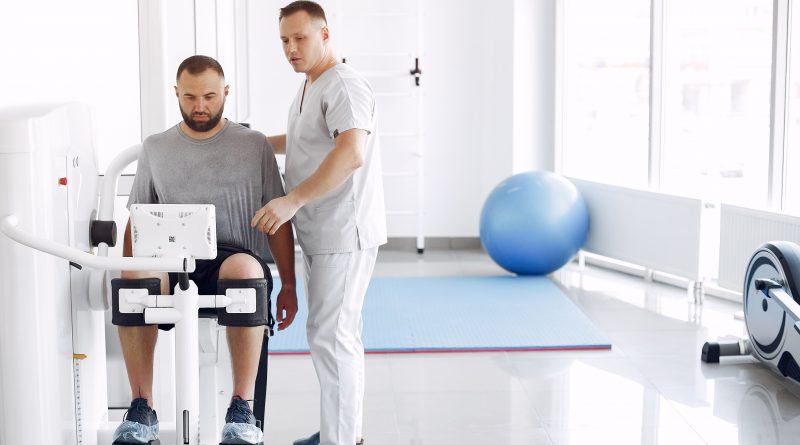The Top five Characteristics of a Good Doctor
If you want to pursue a profession in medicine, you must possess a number of qualities, but which are the most significant and why are they so vital?In this post, we’ll go over the top five qualities that doctor look for, what they want from you, and why they’re so important,if you want learn more click on link
1.An excellent work ethic
Being a doctor entails a lot of hard work, starting with GCSEs and continuing through A Levels, medical school, and even after graduation. You must be willing to put up the necessary work. Working long hours, evenings, weekends, and holidays is difficult, therefore you must have a strong desire to complete the task. Regardless of personal issues, how exhausted you are, or whatever commitments you may have with friends and family, you must be able to devote 100 percent of your attention to work. click here for more information
2.The ability to function effectively as part of a group
There is no doctor who works alone. Interdisciplinary teams are common in medical settings, and you’ll be working alongside other doctors, nurses, healthcare assistants, physiotherapists, social workers, and a variety of other professionals. You will be dealing with these employees on a daily basis, therefore you must be able to work effectively with others in order to provide the greatest care for your patients. This necessitates you contributing ideas and assisting when possible, as well as delegating any tasks you require and according to any directions given.
You may occasionally find yourself in disagreement with other members of your team. It’s critical that problems like this don’t spiral out of control, which you can do by voicing any concerns gently and professionally.
3.Superior communication abilities
A doctor’s communication skills are crucial in a variety of situations, including patient contact, staff collaboration, and talking with family members. You must be able to describe what is happening to your patients in a clear and straightforward manner, ensuring that they comprehend what is going on while staying professional and pleasant. You will also be part of a multi-disciplinary team, and it is vital that you communicate accurately with the other members of the team.
Patients that have difficulty communicating are common, whether due to neuro-degenerative conditions, language obstacles, or simply a refusal to give information. It’s vital that you understand how to collect and convey information to these patients, adapting to your circumstances and discovering effective communication alternatives.
4.Outstanding interpersonal abilities
It may appear like teamwork and communication abilities are the same thing, but they are not. Communication skills are concerned with conveying information and comprehending what is being said to you, whereas good people skills are concerned with how well you get along with anyone you are dealing with. You’ll be able to adjust to the various types of individuals you’ll encounter as a doctor if you have good people skills. There will be no two patients alike, therefore you must be able to communicate effectively with people of all ages, cultures, and walks of life.
Furthermore, you will almost certainly encounter patients and family who are distressed, furious, and maybe hostile. You’ll be able to alleviate any potential conflicts by having exceptional people skills, keeping these patients on board and fostering a better doctor-patient relationship.
5.Excellent organisational skills
As a doctor, you’ll be dealing with a large number of patients, maybe on numerous wards and even at opposite ends of a hospital. It’s easy to become overloaded with patient contact, paperwork, and meetings. This is where having good organisational abilities comes in handy. Knowing which jobs are critical and which can wait will make your job lot easier, ensuring that patients receive the highest quality treatment while also meeting your personal deadlines.
Many people underestimate how much paperwork being a doctor entails, so it’s critical that you recognise you’ll need to be able to deal with this element of medical life without losing sight of which file belongs to whom!




